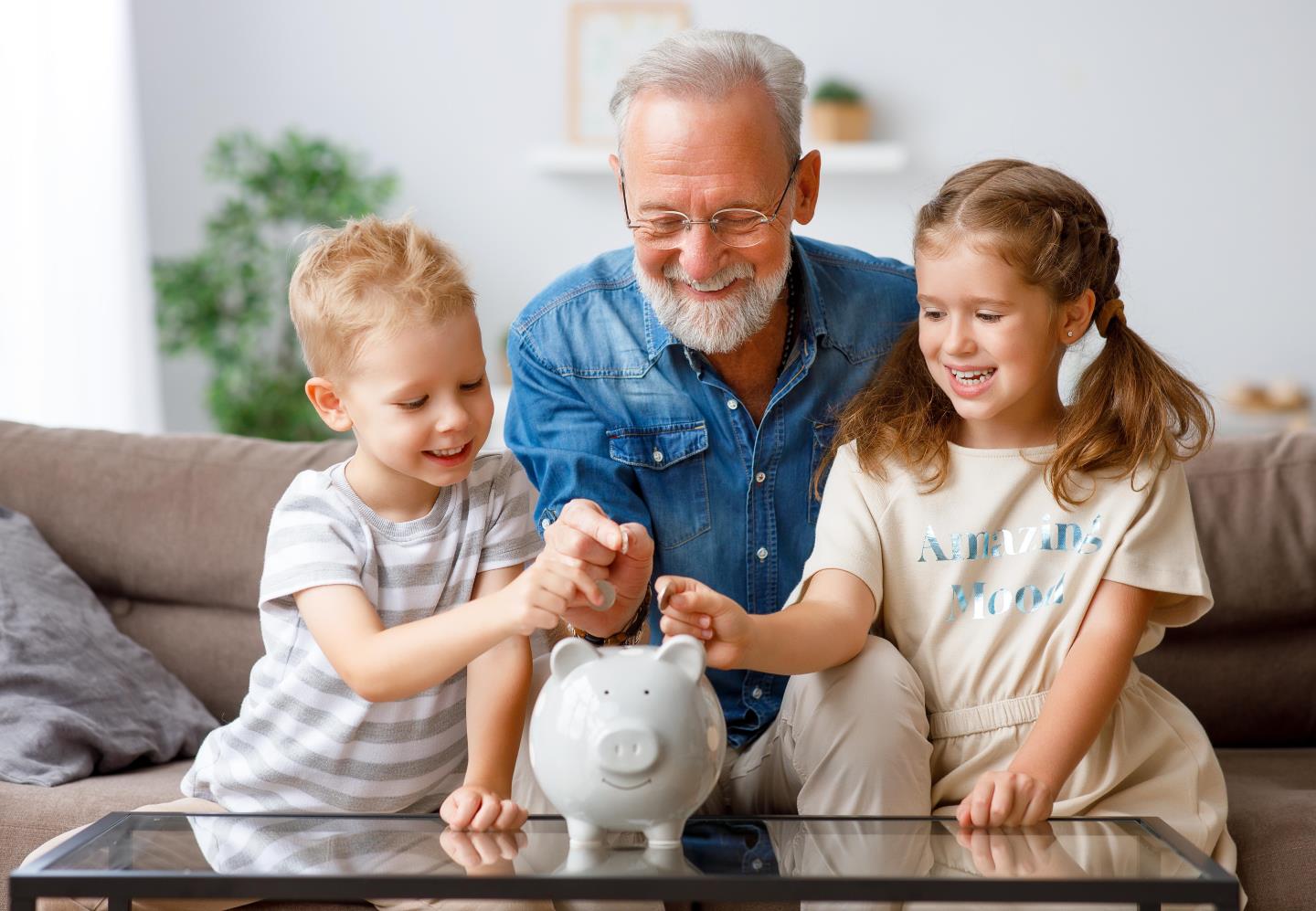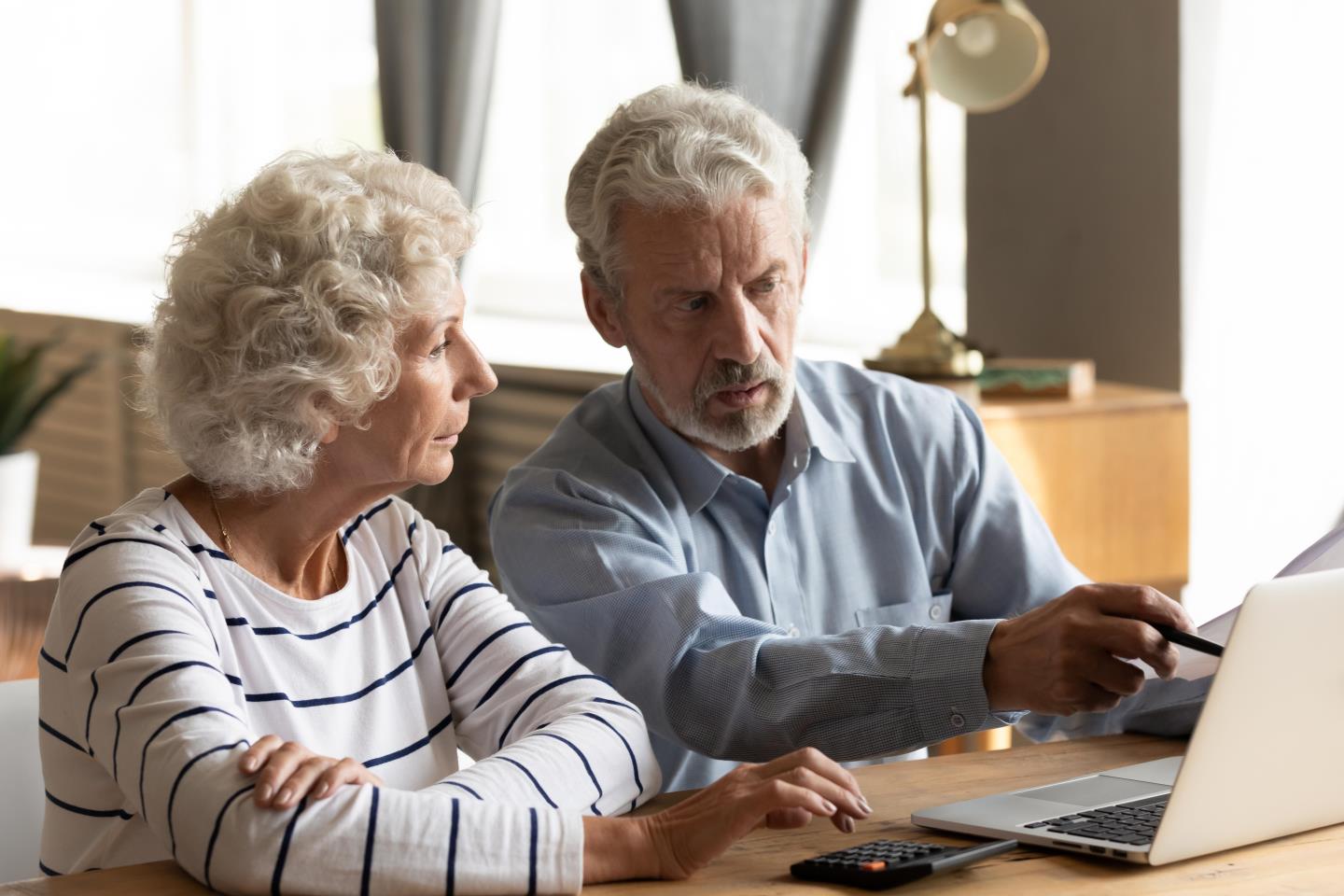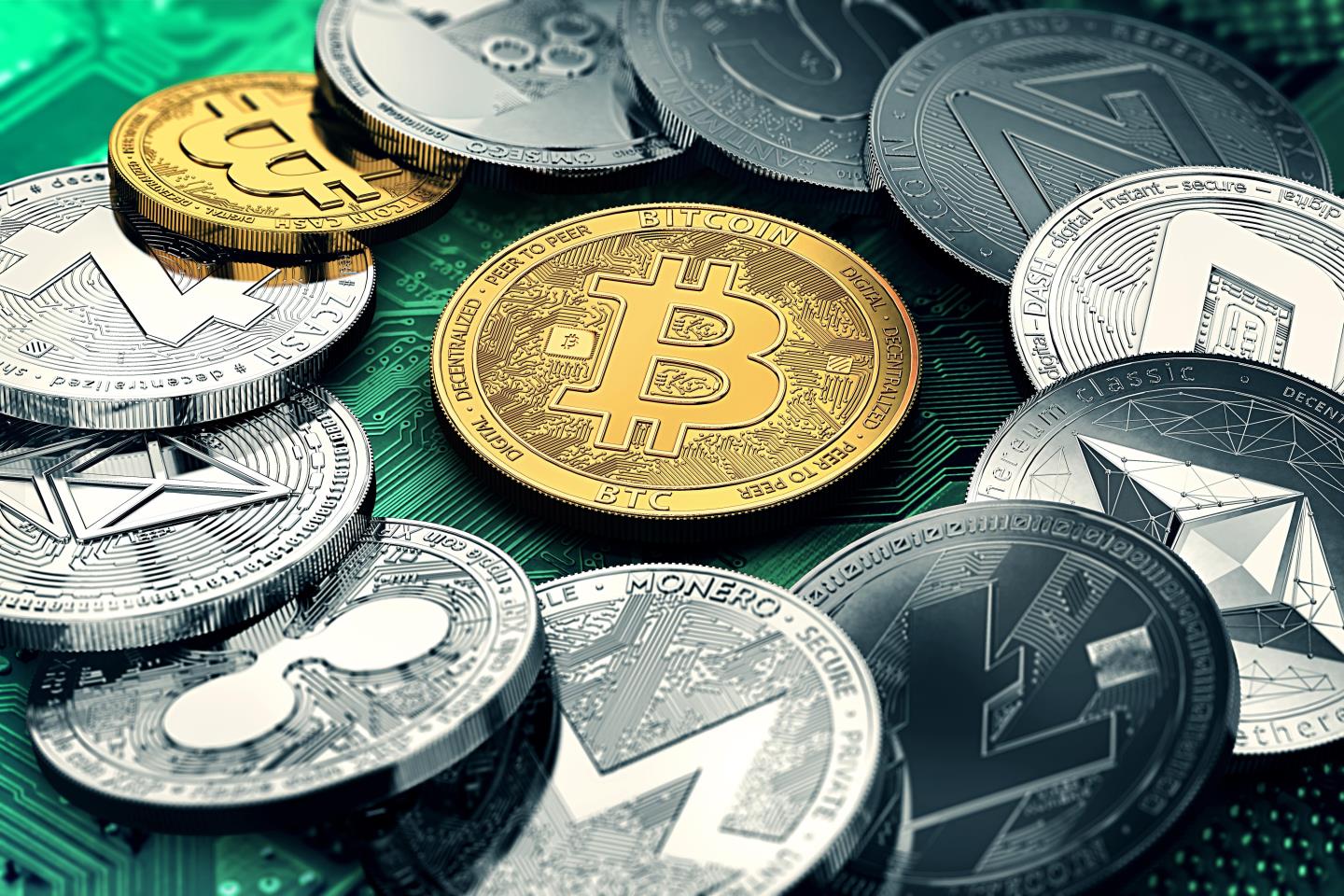Grandparents are playing a bigger role in the financial future of young people as a result of the Covid-19 pandemic, a study has found.
With many parents under pressure, in some cases due to a loss of earnings, it seems the older generation has risen to the challenge of providing a more stable future for their children’s own offspring.
The increased investment made by many grandparents over the past year is a sign of their determination to help secure their families’ long-term financial future.”
Jill Mackay, Scottish Friendly
Nearly half (47%) of UK grandparents investing for their grandchildren have increased their contributions over the past year, according to financial mutual Scottish Friendly.
More than four in 10 (45%) have been able to invest more because of reduced spending opportunities and 41% wanted to create a larger savings buffer for their grandchildren.
Child SIPPs (self-invested personal pensions) and Junior stocks and shares Isas (individual savings accounts) are the most popular forms of investment for grandparents, the study found.
Scottish Friendly savings and investment specialist Jill Mackay said: “The increased investment made by many grandparents over the past year is a sign of their determination to help secure their families’ long-term financial future.
“It has been a difficult period for lots of households over the last 12 to 18 months, and with any loss of income it is normal to stop any regular savings or to draw down money you have put away.
“Parents are more likely than grandparents to have suffered a loss of income and, therefore, saving – particularly for long-term goals – becomes less of a priority.
“But there are grandparents who do have the discretionary income to put towards family savings and this can be a big support. It is clear over the last year or so that many have chosen to try and use the opportunity to spend less to save more for their grandkids’ future.”
Cash is the ‘sensible’ short-term option
She added: “It’s also encouraging to see grandparents deciding to invest more of their money rather than save it in cash.
“If it’s money they’re wanting to share with their grandchildren in the short term, then cash is a sensible option.
“But if they don’t plan to do so for five, 10 or even 15 years, then the stock market may offer the greatest potential for higher returns.”
Fewer than one in 10 (9%) grandparents surveyed said they had reduced investment for their grandchildren over the past year, while 42% said it had remained about the same.
Nearly one in three (30%) grandparents had invested money for their grandchildren during the past 12 months, compared to 54% who saved into cash accounts.
Money experts urge caution after Nationwide confirms post-lockdown spending splurge
Scottish Friendly said the poor returns on offer on most cash savings accounts were driving some grandparents’ increased level of investment.
One in six (17%) said low interest rates would motivate them to invest more for their grandchildren over the coming year.
Reduced outgoings is also still a major factor, with more than one in four (26%) grandparents expecting they will be able invest more in the next 12 months because of this.
Grandparents are even turning to cryptocurrencies as means of saving money for their grandchildren, despite its volatility.
Nearly one in 12 (7%) had invested in crypto during the past year. Of those almost half (48%) said they planned to increase the amount over the next 12 months, with just 14% intending to invest less.
The survey of 1,200 parents and grandparents was conducted by 3Gem Research and Insights during May.
All change at M&S Bank after Covid-19 accelerates trend for using services online



